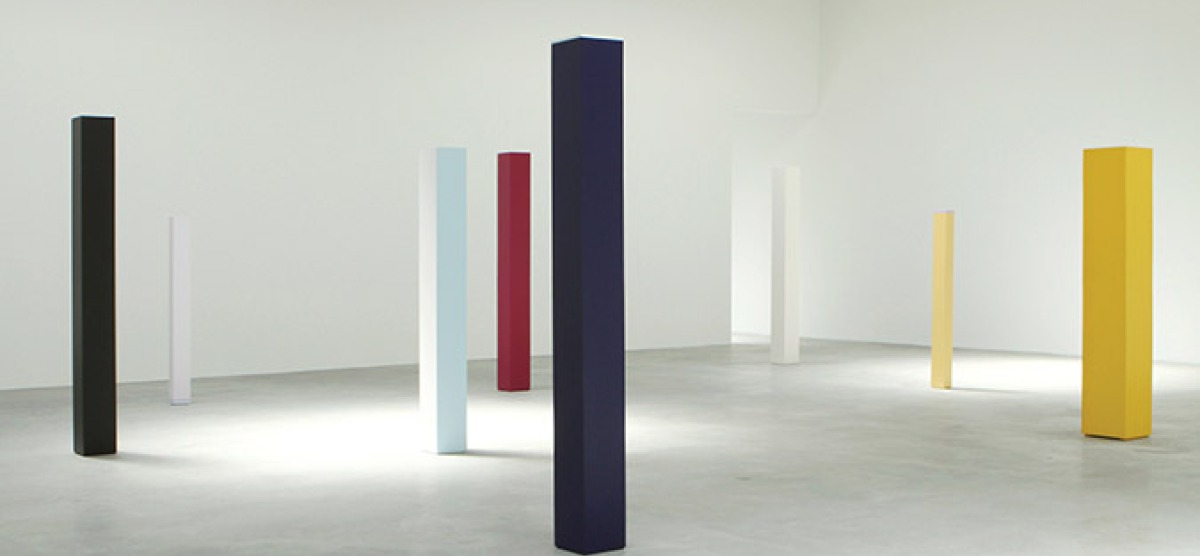
A Minimalist Mawrter
Anne Truitt ’43 drew maximum meaning from minimal form.
“At Bryn Mawr, I learned, almost more than I can say,” said Anne Truitt ’43.
A psychology major and, for a brief time a nurse, Truitt was one of the major American sculptors of the late 20th century. Although labeled a Minimalist, Truitt was really sui generis. Eschewing that movement’s industrial materials and techniques, she painstakingly painted and sanded multiple coats of color in subtle variations onto wooden constructions fabricated to her specifications.
As its industrial aesthetic suggests, Minimalism explicitly rejected Abstract Expressionism and its focus on subjectivity and self-expression. Here, too, Truitt parted company with her male counterparts like Donald Judd and Carl Andre.
“What is important to me,” she said, “is not geometrical shape per se, or color per se, but to make a relationship between shape and color which feels to me like my experience. To make what feels to me like reality.” Truitt offered a bridge between the excesses of both schools, tempering both the radical subjectivity of the Abstract Expressionists and the radical objectivity of the Minimalists. As she said, “I’ve struggled all my life to get maximum meaning out of the simplest possible form.”
Published on: 07/10/2021